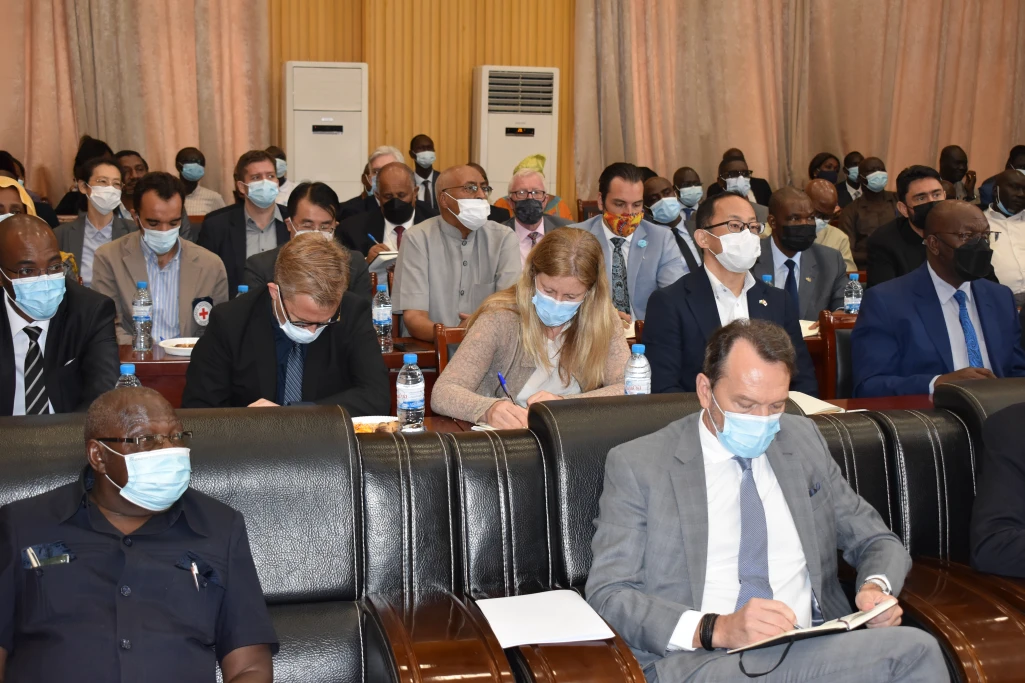
South Sudan called on the international community to acknowledge some of the progress made by the parties in the implementation of peace agreement.
The ministry of foreign affairs briefed the diplomats on peace progress Wednesday in Juba at the ministry complex attended by the regional and international diplomats including peace monitoring bodies.
Over the weekend, President Kiir, Riek and Husein Abdalbagi Akol signed a security arrangement deal that will allow the SPLM /IO and other opposition parties to be involves in the management of security and army in the country.
The undersecretary in the ministry of foreign affairs ambassador Mayen Dut, told diplomat that the deal is a significant step to realize peace and turn the focus to the general election to be at the end of transitional period.
He urges the diplomats to support South Sudan in the peace implementation process.
“We firmly believe that stability will come as we both extend the space for political participation of the South Sudanese people and improve their living conditions”.
The minister of cabinet affairs, Dr. Martin Elia Lomoro, assured the diplomats that his government is committed to peace and will not take the country to war despite the challenges facing peace implementation.
Tut Gatluak, the Presidential security advisor, told diplomats that the parties did overcome one of the stumbling block to relinquish some positions to the parties in the command structure of the army.
The Eritrean Ambassador to South Sudan, Amb. Yohanes Teclemicsael says the signing of the implementation roadmap is a historic milestone. Adding South Sudan is a beautiful country that deserves stability, and they are ready to support durable peace.
“We are delighted to witness such a historic agreement between the government and the IO. So we will always stand with you. We are here to support the people and the government of South Sudan, and then congratulations.’’
The two parties have compromised by accepting 60/40 percent power-sharing and dropped their demands of the 50/50 shared army and security management.